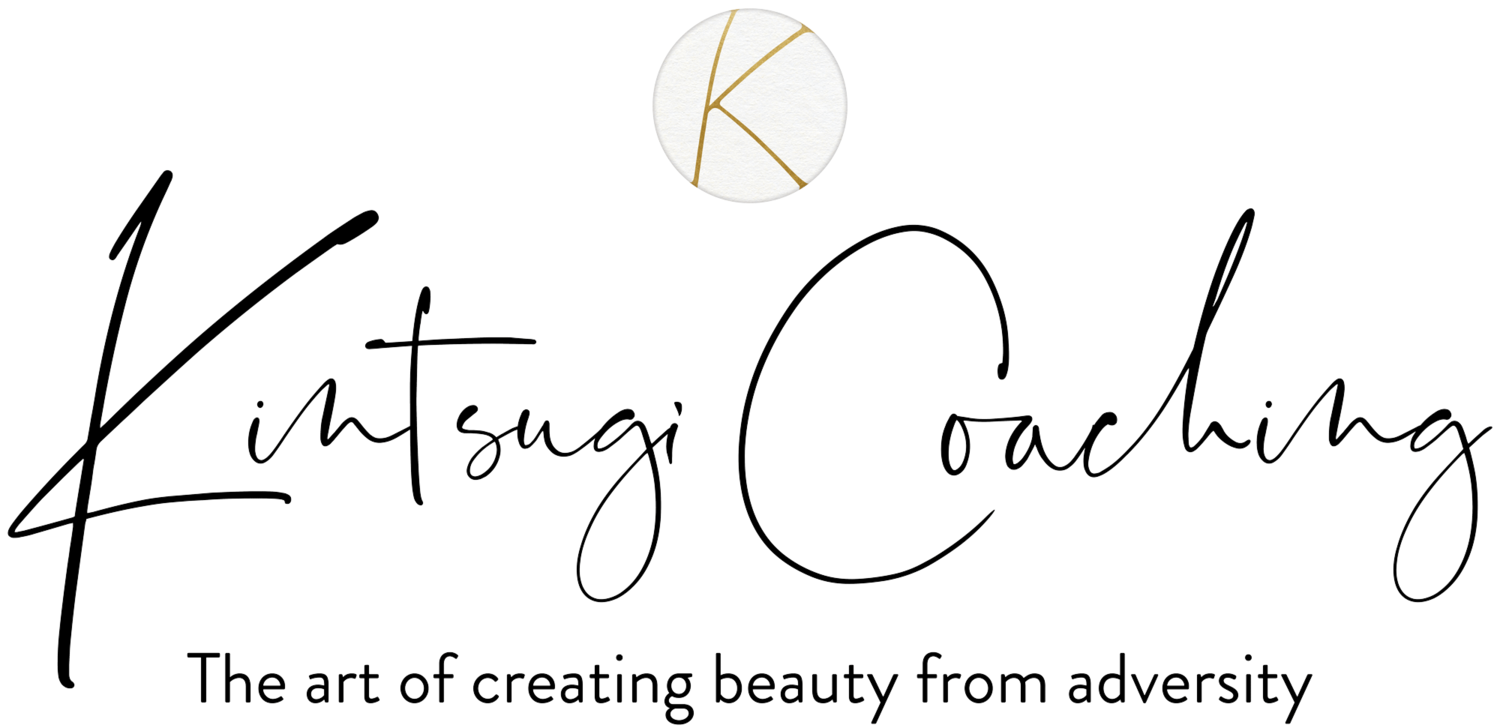Sex, Love and Gender Equality
I know people say you should never discuss sex, politics or religion in polite company, but I’ve never been one to adhere to what “people” say. I like talking about all three, and I think it’s time these topics come out of the closet and join the conversation. So here goes.
We recently journeyed to San Francisco, an amazing place for any number of reasons, one of the more obvious and unique ones being its habit of providing a haven for those who do not always fit neatly into proscribed boxes. It is a city that embraces diversity in general, and sexual preferences in particular. People of all colors and creeds and sexual proclivities live together cheek by jowl with surprisingly little conflict. It’s impressive.
My brother and his wife, for instance, live sandwiched between a lesbian couple with two adopted daughters on the right and a gay couple with an old Golden Retriever on the left, and everyone is extremely neighborly. Outside their front door women hold hands with women, men with men, and men with women. On any given day you will see men in their predominantly gay neighborhood in various stages of undress, cross dress and outlandish over-the-top dress walking down the street and no one blinks, let alone stares – unless, of course, they just arrived from Wichita.
I lived in San Francisco for more than ten years and during that decade my circle of friends reflected the diverse and opulent face of the larger population. In fact, some of my closest friends (as they say) were very openly gay or bisexual. So normal was this that I scarcely gave it more than a passing thought. It was not particularly relevant to our friendships, no more so than the fact that I was heterosexual, although it definitely added a richer, more multi-faceted perspective to my experience.
Looking back now, I realize how very unusual and fortunate my experience of those years was. It’s easy to forget, living in the midst of that city, that the rest of the country is not as liberal or tolerant, let alone embracing, of such open expressions of individuality.
I find it incomprehensible that in this day and age there is an on-going, heated debate regarding the validity of same-sex marriage. I must have missed something, because I was under the impression that the Bill of Rights applied to everyone, not just straight people. The argument against allowing two people who love each other and who are willing to publicly commit to that union degrades and ostracizes those who cannot, by virtue of a specific configuration and compilation of genes or fate, comfortably fit into the limited parameters of what someone else considers “normal” and “acceptable.”
The smallness of such thinking, of such a limited imagination is a losing attitude: we all lose a little bit of vitality, a little bit of our souls when we segregate others in this way. We are far too comfortable with boxing up that which we cannot find a place for in our lives. Extra lamps, aged parents, homosexuals, the mentally challenged, unwanted animals all go into storage, the better not to meet our gaze and make us uncomfortable in the awareness that they exist. If we box someone up and slap a label on them, then we are not required to challenge our preconceived notions. We stop listening, we stop hearing.
Sticking people into one dimensional boxes is a habit born of fear. It helps us to feel safe if we can size up someone and stick them in their proper box. If we make the summation of a life simple, we feel more in control. We feel that we understand, that we know everything we need to know. It obviates the need to explore, to stay open, to expose ourselves and be vulnerable. It allows us to avoid the unknown, and spares us from having to tolerate ambiguity and complexities. It helps us to avoid the internal crisis of realizing we might be wrong, and if we are wrong, our entire, fragile foundation may crumble and fall. Growth is neither easy nor comfortable.
But living this way is living in a dry, monochromatic world of polarities, where the complexities of life are divided into simple, more manageable piles of “Us and Them,” “Either-Or,” neatly boxed and shelved. In this desiccated terrain thinking becomes brittle and protective. The fearful imagination believes “those people” are taking “our jobs,” that we need to build a great wall to seal off our borders, that guns should not be controlled but marijuana should, that gay people marrying will cause the institution of marriage to implode. Those who are not with you are somehow against you.
Just outside this small desert realm, however, is a world teeming with an infinite panoply of life. Far from a gray world of segregated confinements, life here is colorful and dynamic, if cacophonous and confusing. Instead of stacks of boxes marked “gay” “straight” “black” and “white” there is a single label: “Us.” All of creation is from the same source, whatever one chooses to call it, however one understands it. We all are here by virtue of the same miracle. There is no “Other.” We are one.
Each time we slap a label on a person we restrict our thinking, we restrict our imagination and our love a little bit more, shrinking the space that might allow for a larger, more generous and compassionate perspective. Our world contracts in fear until we are living a rigid, mummified existence.
It all areas of learning it is said that the most important thing is to ask the right question. I think the the real question when it comes to issues of sexuality is not “Whom do you love?” but “Do you love?” The rest is interesting detail.

